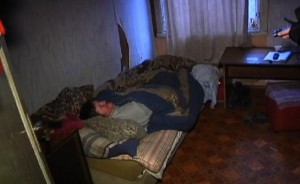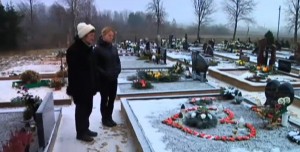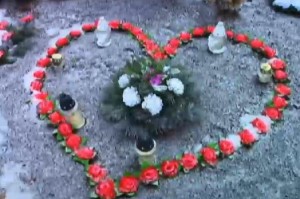SEOUL, South Korea — A South Korean teenager who disappeared in Turkey this month is believed to have joined the Islamic State (IS). Authorities are basing this suspicion on the teen’s social media communications, which consistently included sentiments of longing to join the Muslim militant group.
Kim’s disappearance
The 18-year-old, whose surname was given as Kim, went missing in Kilis near the Syrian border with Turkey on Jan. 10. Kim had traveled to Turkey with a pastor on Jan. 8.
Although Kim had originally planned to take the trip alone last October, his mother had asked a pastor who was introduced by a church friend to accompany Kim.
The pair moved to Kilis the following day, because Kim wanted to visit. He disappeared in the morning around 8 a.m. The pastor said that Kim left in the middle of breakfast. He thought that Kim went back to the hotel room, but was not there.
The pastor reported his disappearance to the Embassy of South Korea in Turkey on Jan. 12.
Kim’s whereabouts
Hotel CCTV showed footage that Kim went out of the hotel and met a man who beckoned to him from the opposite side of the road. They disappeared together in a black car.
According to South Korean Ministry of Foreign Affairs, it has been discovered that the vehicle number plate of the black car was that of an illegal taxi, run by Syrian nationals. The man’s face was not clearly recognized on the CCTV footage.
The ministry has not confirmed whether Kim crossed the Syrian border after the car stopped at a Syrian refugee town in Besiri, Turkey.
Gathering information via social media
Social media was the main medium to gain information about Kim’s being a member of IS.
Kim was called “sunni mujahideen” on Twitter. “Sunni” refers to Sunni Muslims, which are the largest branch of the religion. “Mujahideen,” the plural of mujahid in Arabic, refers to “guerrilla fighters in Islamic countries.” Kim followed 90 accounts relevant to IS.
He had asked advice on how to become a part of the Islamist group on Twitter by sending tweets of “I want to join isis” to those accounts, and one of users, “H. abodou afriki” tweeted back to him. This user advised him to go to Turkey.
“H. abdou afriki” even suggested that Kim should contact “Hassan” through mobile messaging application Surespot.
According to his mother, Kim said that he would meet a Turkish pen pal friend during the trip. The pastor also told police that he was going to see his friend called “Hassan” in Kilis.
Officials of the ministry said that they have not identified who “Hassan” is, as this is a common Arabic name.
Moreover, the Seoul Metropolitan Police Agency found out from information on Kim’s home computer that he bookmarked articles regarding IS. The officials added that he often accessed the websites which explain that IS members’ benefits include good salaries and the provision of a luxury car.
He also wrote that “I want leaving my country and families to get a new life” in English on Facebook, a day before traveling away.
Who is Kim?
The 18-year-old was a home-schooled student since he dropped out of middle school due to bullying. Kim was preparing a qualification exam as a high school graduate.
He spent most of time at home after quitting school. Internet was the only means for him to communicate with the outside world. His parents worried about his lack of a social life.
His mother said that he wanted to go to Turkey. “My son promised me to concentrate on studying for the exam if I allow him to go to a trip in Turkey,” his mother told the Korean police authorities.
His father flew to Turkey on Jan. 16, and came back to Korea after being interviewed by the Turkish police on Jan. 18.
The Ministry of Foreign Affairs is still tracing his whereabouts by investigating Turkey as well as Syrian refugee town with the aid of Turkish authorities.
By EJ Monica Kim
Sources:
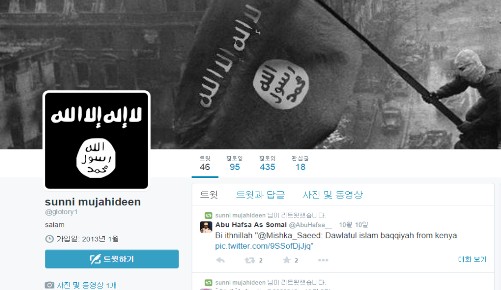
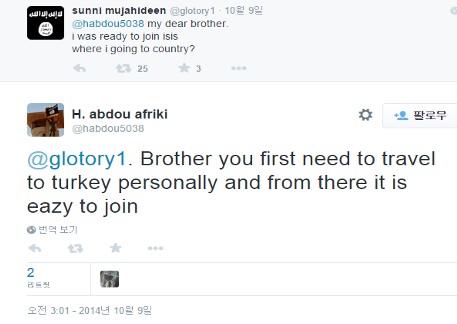
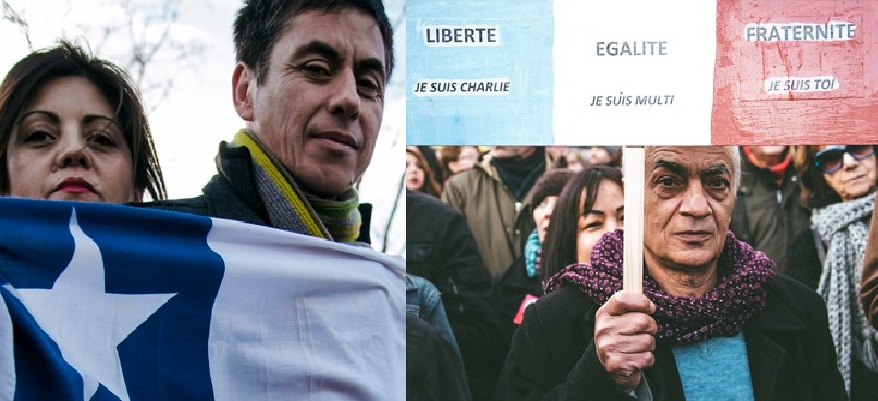
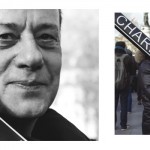
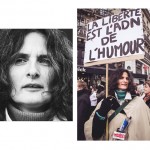
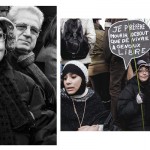
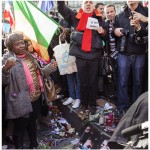
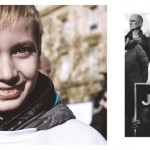
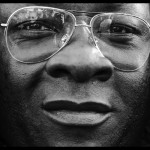
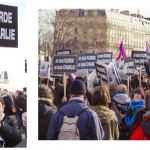
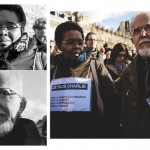

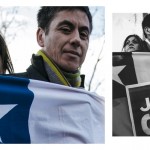
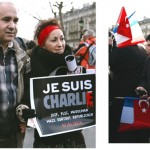


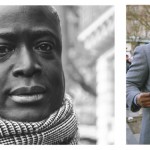

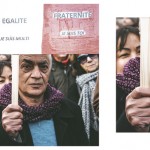
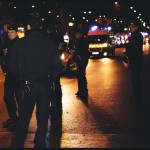
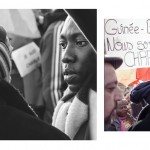
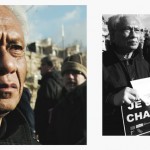
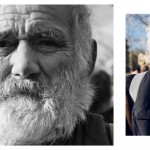


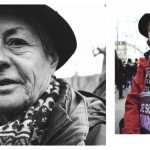
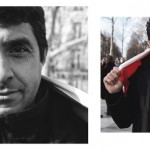
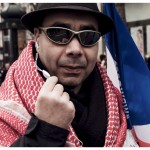



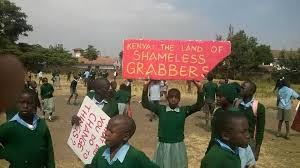

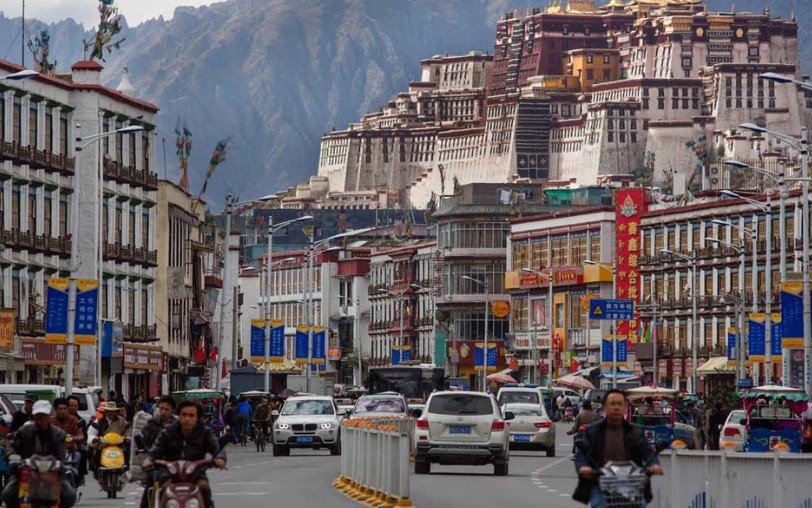
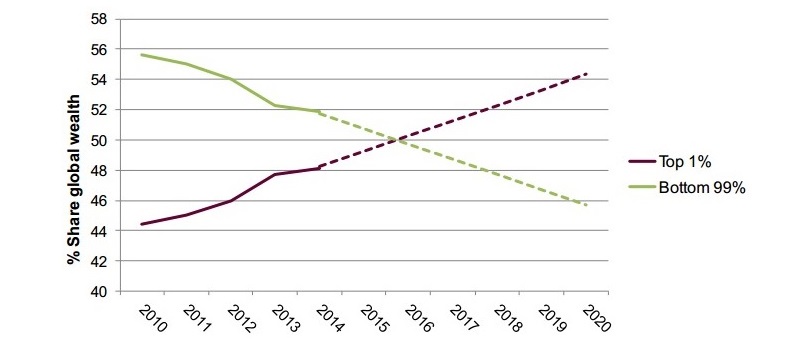
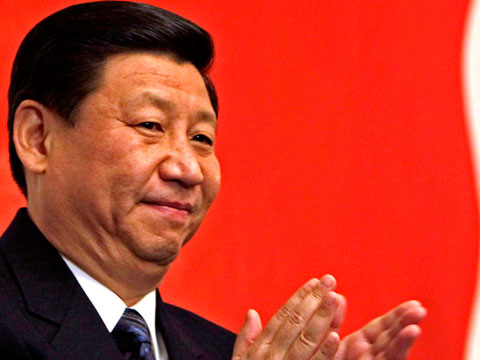
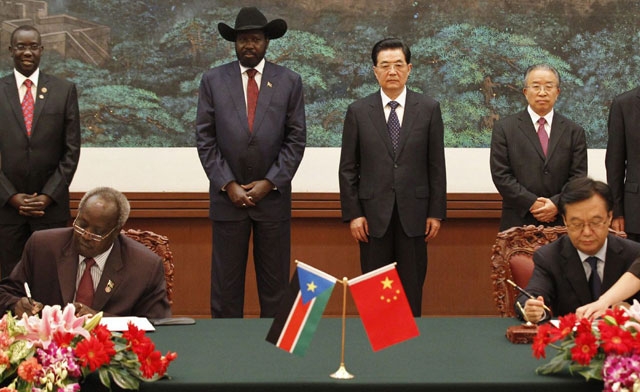
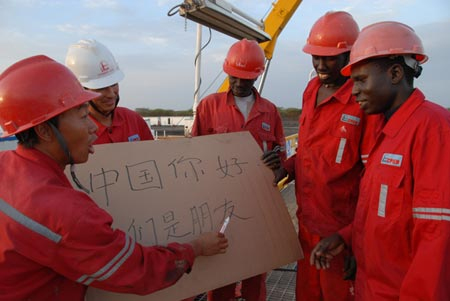
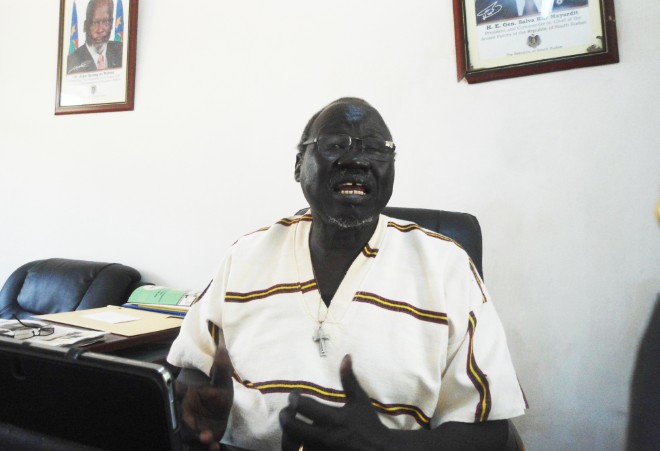
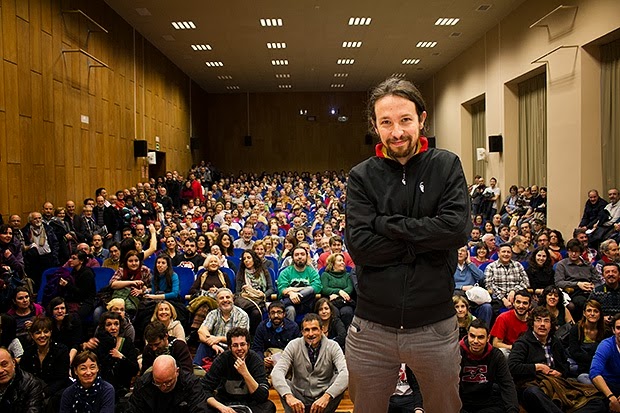
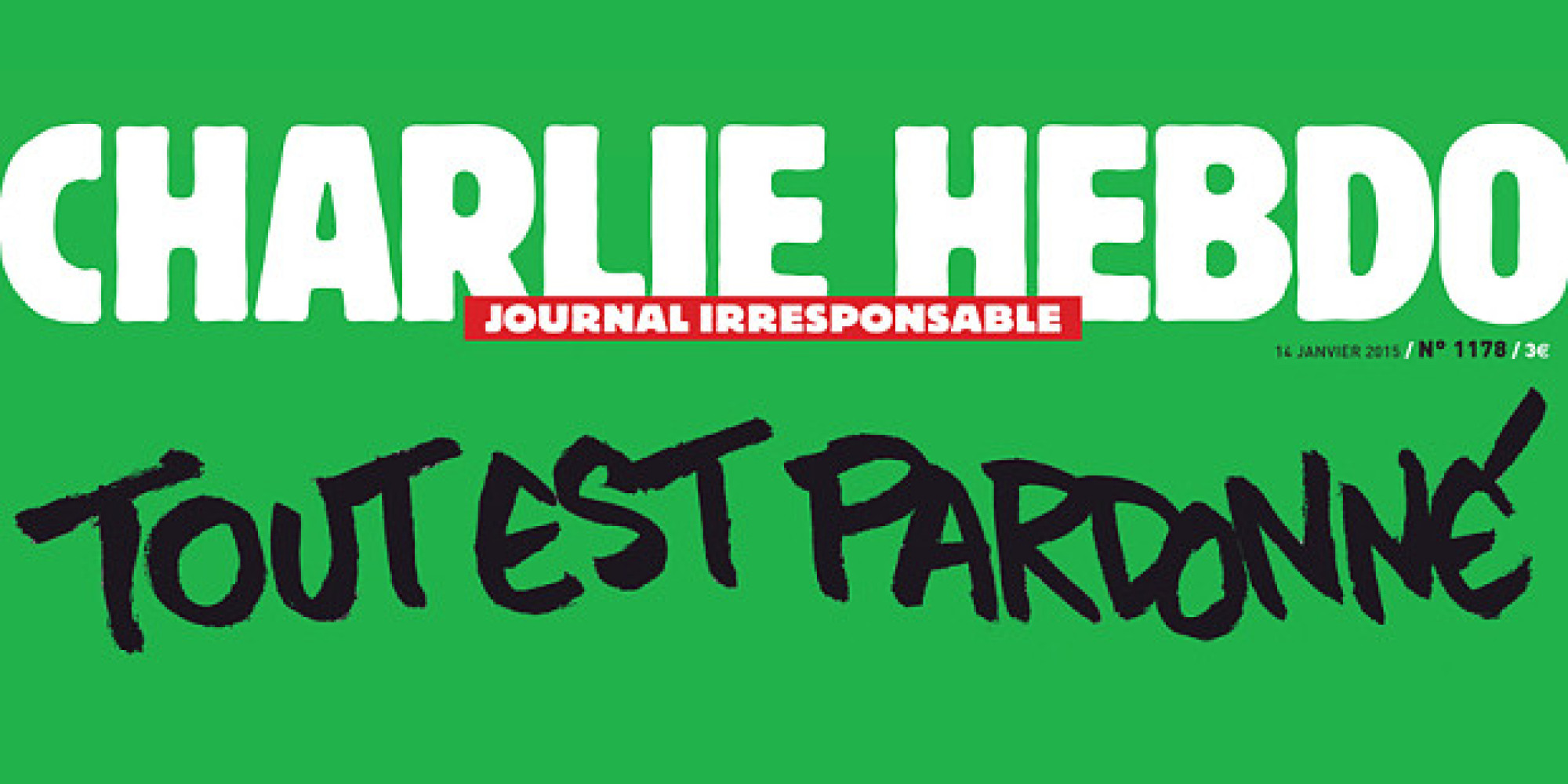
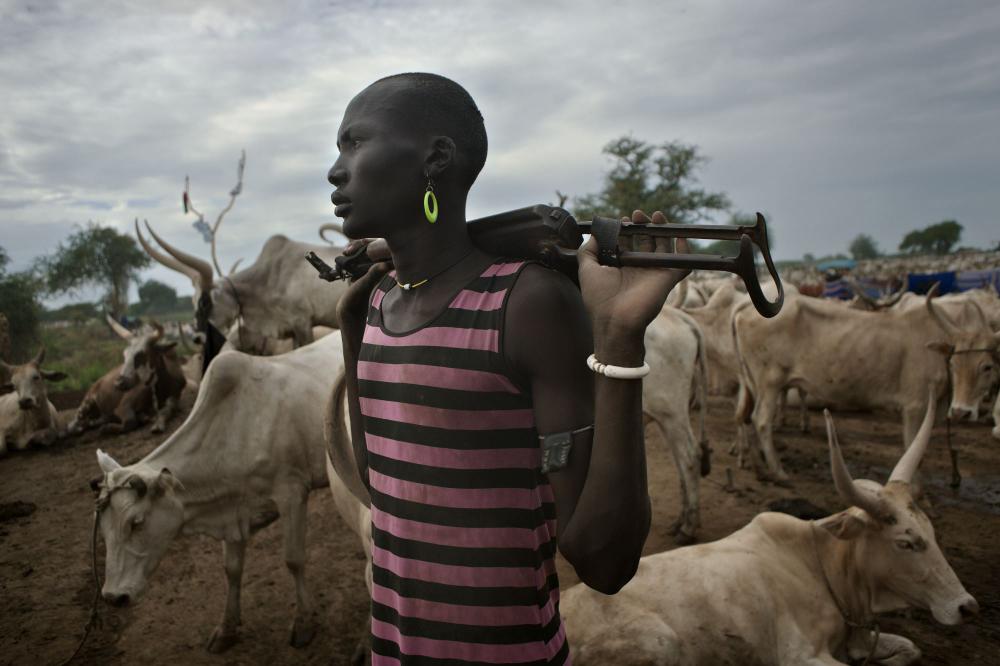
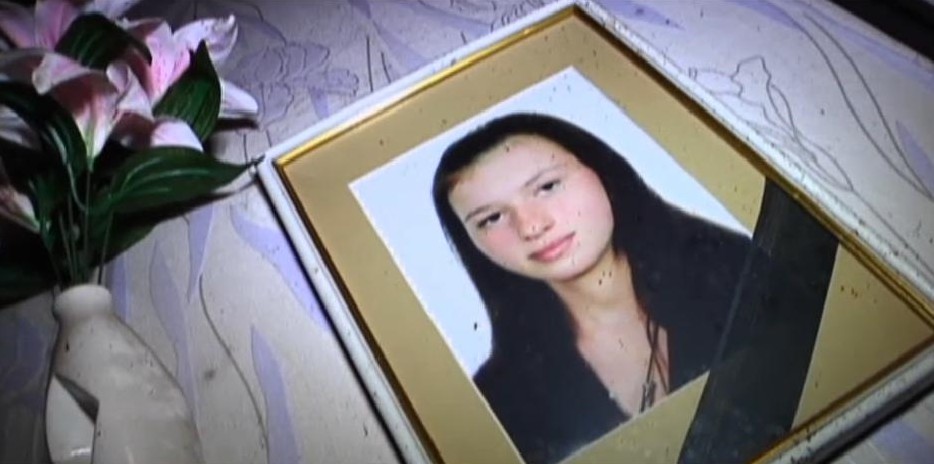


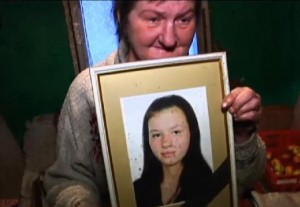 help and take care of her. Kristina was always a calm girl. She never kept in contact with others. Her alcoholic mother never loved Kristina.”
help and take care of her. Kristina was always a calm girl. She never kept in contact with others. Her alcoholic mother never loved Kristina.”